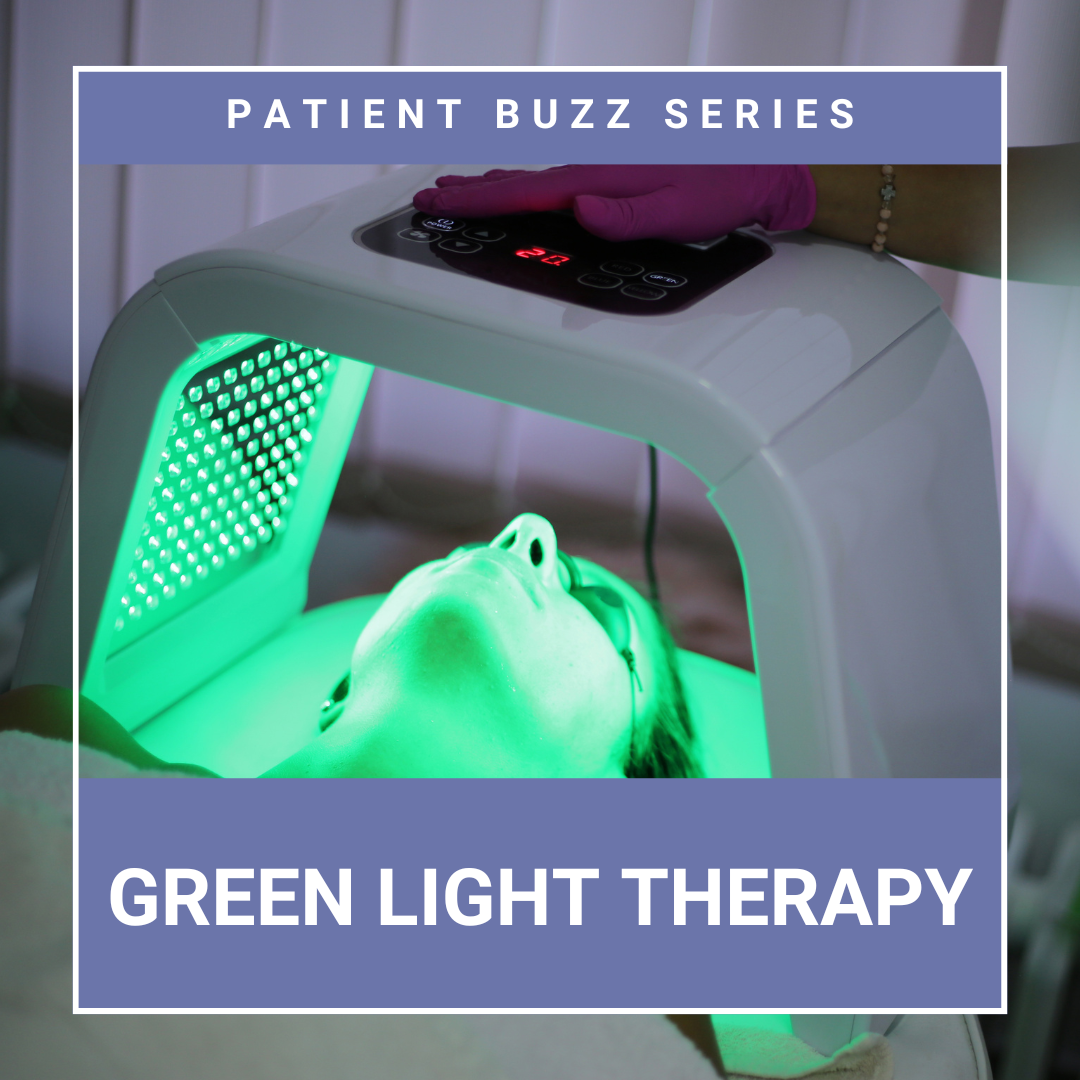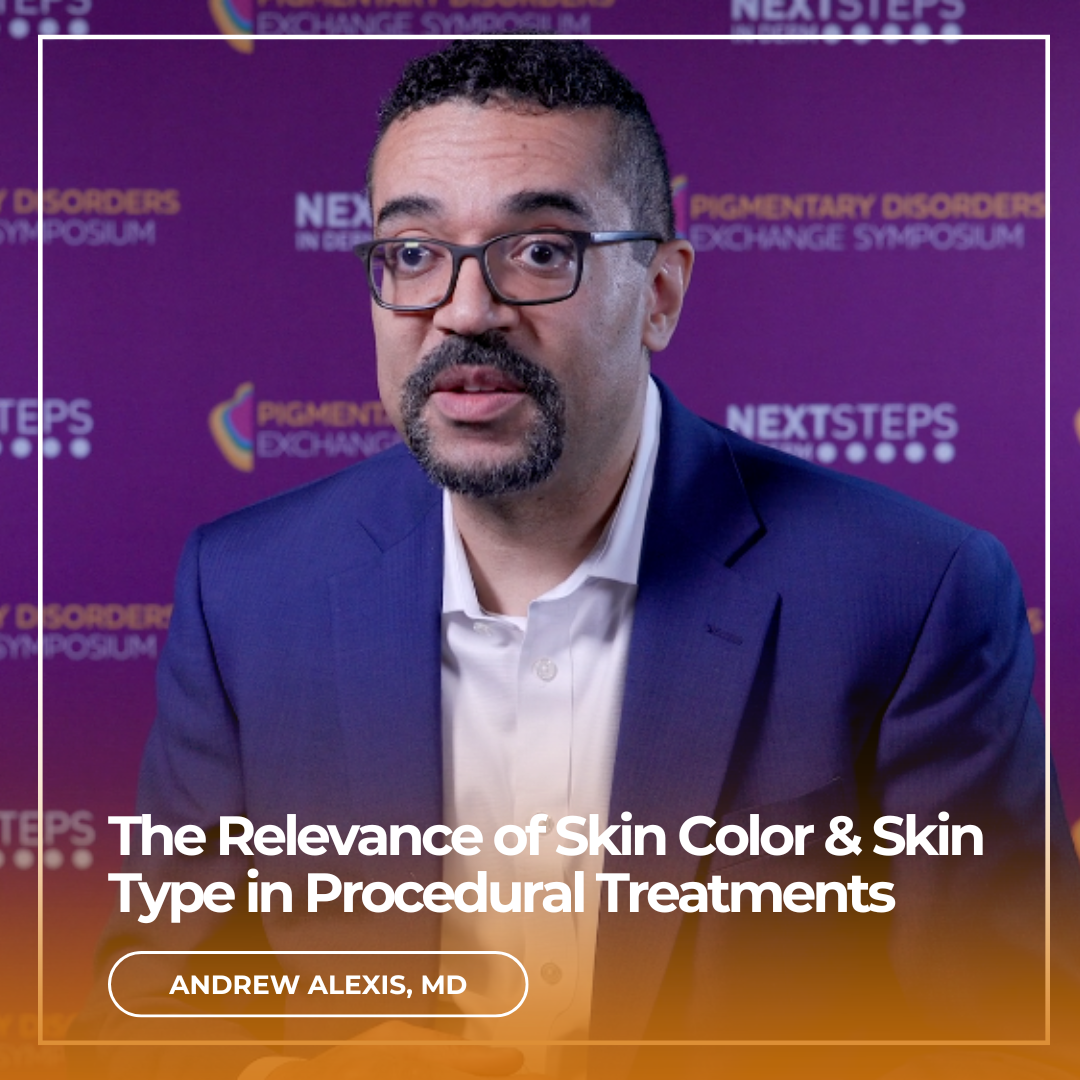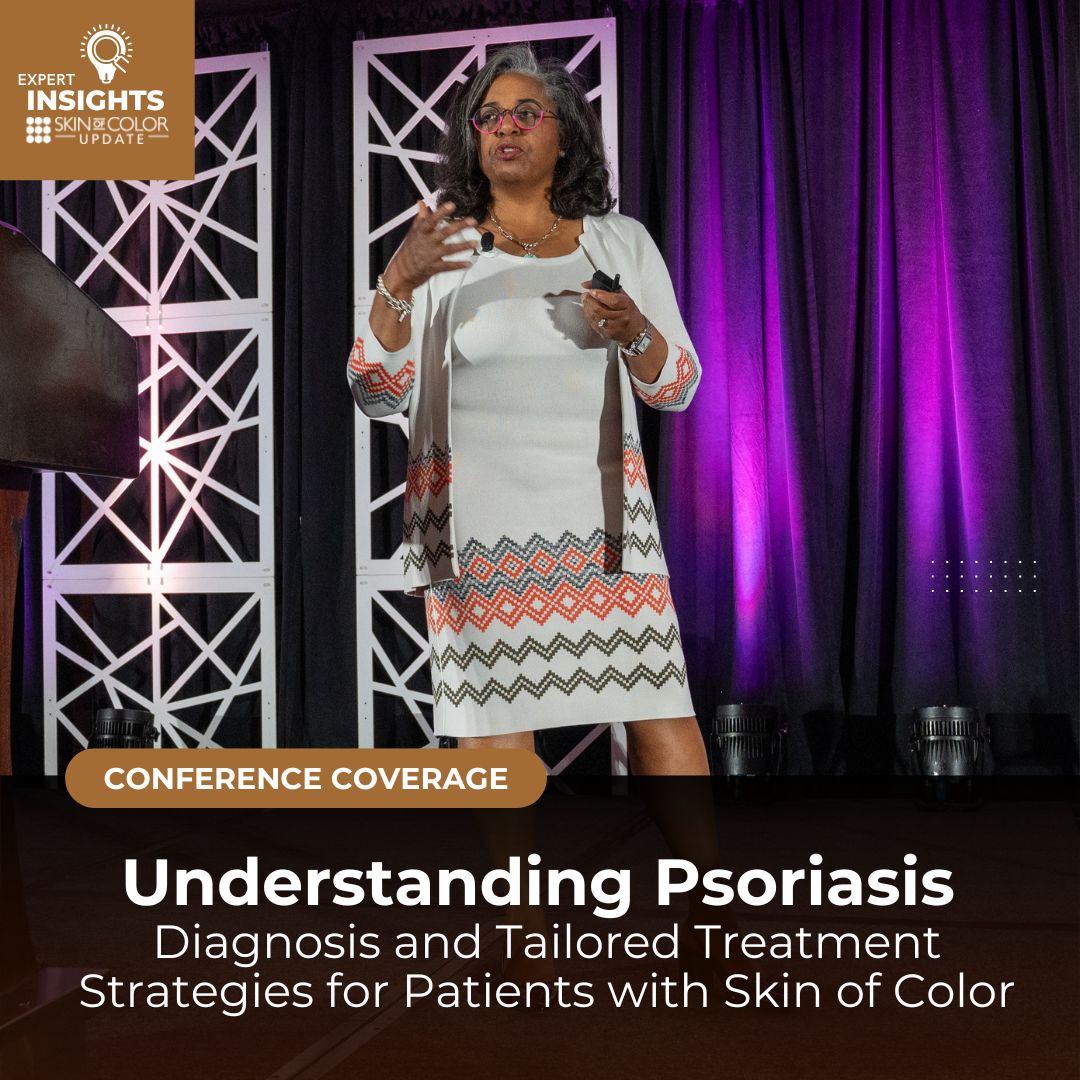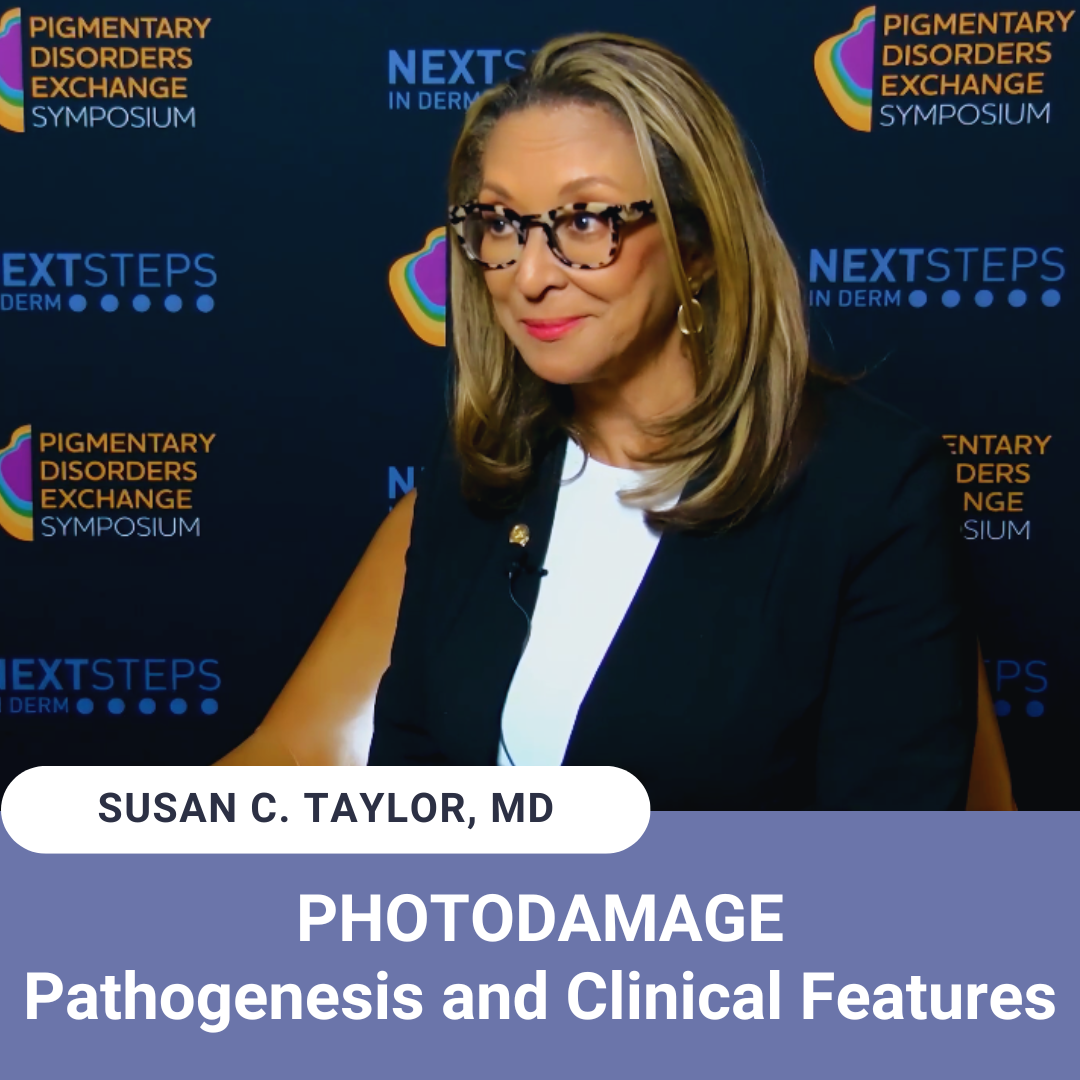Patient Buzz Series: Green Light Therapy
 Light therapy has been making news in the consumer press for years, and there’s a new wavelength in the spotlight – green light. Women’s Health wrote about green light therapy, which emits at a range of 500-570nm, as a way to treat dark spots and inflammation. While this therapy is not commonly available in dermatologists’ offices and research is limited, some dermatologists are recommendi …
Light therapy has been making news in the consumer press for years, and there’s a new wavelength in the spotlight – green light. Women’s Health wrote about green light therapy, which emits at a range of 500-570nm, as a way to treat dark spots and inflammation. While this therapy is not commonly available in dermatologists’ offices and research is limited, some dermatologists are recommendi …
 Light therapy has been making news in the consumer press for years, and there’s a new wavelength in the spotlight – green light. Women’s Health wrote about green light therapy, which emits at a range of 500-570nm, as a way to treat dark spots and inflammation. While this therapy is not commonly available in dermatologists’ offices and research is limited, some dermatologists are recommendi …
Light therapy has been making news in the consumer press for years, and there’s a new wavelength in the spotlight – green light. Women’s Health wrote about green light therapy, which emits at a range of 500-570nm, as a way to treat dark spots and inflammation. While this therapy is not commonly available in dermatologists’ offices and research is limited, some dermatologists are recommendi … 

 Even routine medical dermatology procedures can induce pigmentary alterations in darker skin tones, notes Dr. Andrew Alexis, co-chair of Skin of Color Update, and vice-chair for diversity and inclusion for the Weill Cornell Medical College Department of Dermatology. In an interview with Next Steps in Derm, in partnership with Pigmentary Disorders Exchange Symposium, Dr. Alexis outlines how skin co …
Even routine medical dermatology procedures can induce pigmentary alterations in darker skin tones, notes Dr. Andrew Alexis, co-chair of Skin of Color Update, and vice-chair for diversity and inclusion for the Weill Cornell Medical College Department of Dermatology. In an interview with Next Steps in Derm, in partnership with Pigmentary Disorders Exchange Symposium, Dr. Alexis outlines how skin co …  At the 2024 Skin of Color Update conference, we had the privilege to learn about the approach to psoriasis in patients with skin of color from the pioneer in the field, Dr. Amy McMichael, professor in the Department of Dermatology at Wake Forest School of Medicine in Winston-Salem, NC. In her presentation, Dr. McMichael provided an in-depth exploration of the unique challenges and considerations i …
At the 2024 Skin of Color Update conference, we had the privilege to learn about the approach to psoriasis in patients with skin of color from the pioneer in the field, Dr. Amy McMichael, professor in the Department of Dermatology at Wake Forest School of Medicine in Winston-Salem, NC. In her presentation, Dr. McMichael provided an in-depth exploration of the unique challenges and considerations i …  A study in the September Journal of Drugs in Dermatology addressed the impact of social media algorithms on the perception of beauty. While the golden ratio dates back to ancient Greece – and is an ages-old beauty standard for those of European ancestry – beauty ideals of facial features often change over time and vary by region. Yet access to a curated diet of images through social media may …
A study in the September Journal of Drugs in Dermatology addressed the impact of social media algorithms on the perception of beauty. While the golden ratio dates back to ancient Greece – and is an ages-old beauty standard for those of European ancestry – beauty ideals of facial features often change over time and vary by region. Yet access to a curated diet of images through social media may …  Next Steps in Derm, in partnership with Pigmentary Disorders Exchange Symposium interviewed Dr. Susan C. Taylor, Bernett L. Johnson Endowed Professor, director of the Skin of Color Research Fellowship and vice chair for diversity, equity and inclusion in the dermatology department at the Perelman School of Medicine at the University of Pennsylvania. Watch as Dr. Taylor shares the causes of photoda …
Next Steps in Derm, in partnership with Pigmentary Disorders Exchange Symposium interviewed Dr. Susan C. Taylor, Bernett L. Johnson Endowed Professor, director of the Skin of Color Research Fellowship and vice chair for diversity, equity and inclusion in the dermatology department at the Perelman School of Medicine at the University of Pennsylvania. Watch as Dr. Taylor shares the causes of photoda …